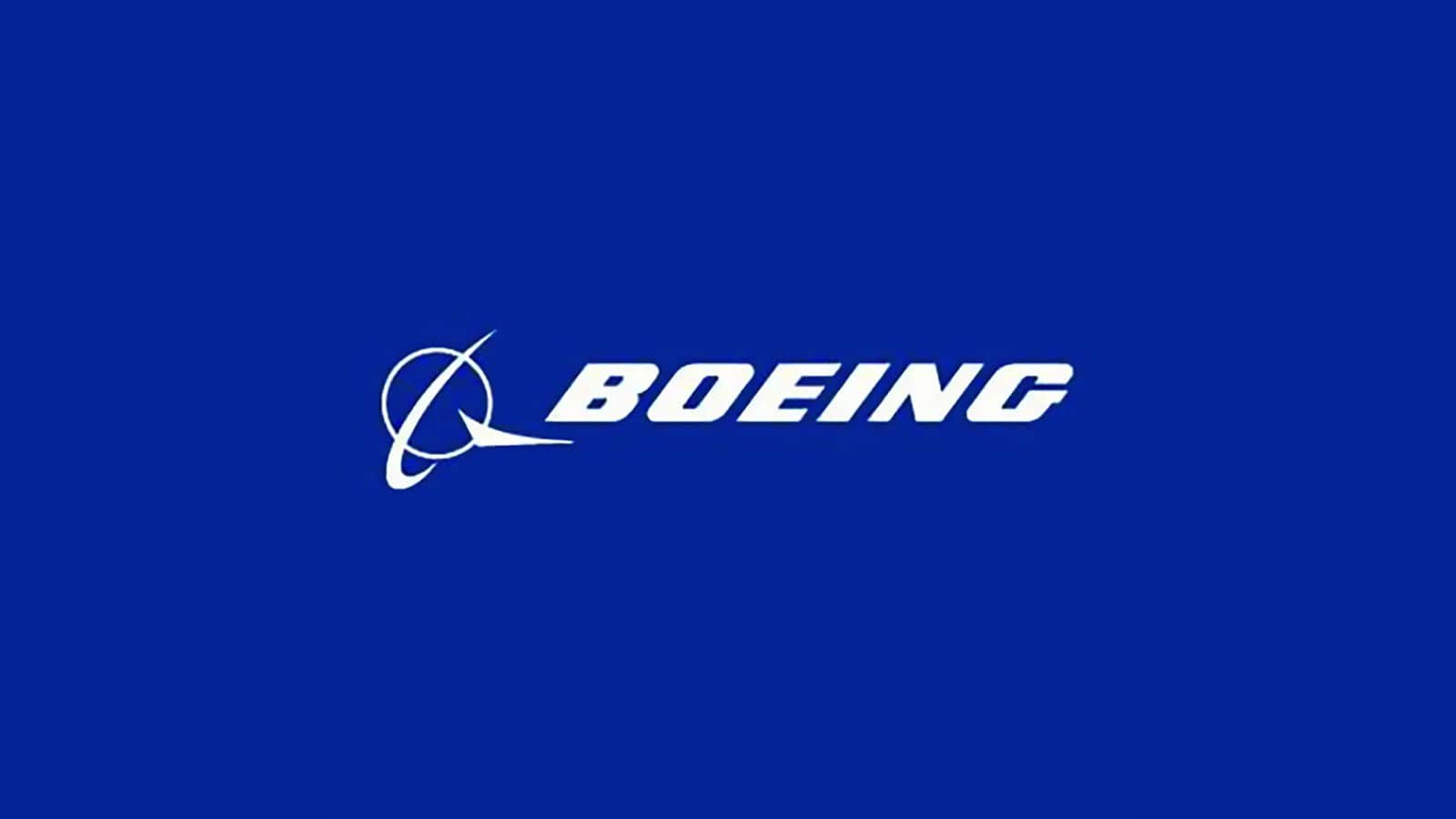Boeing, founded in 1916 by William E. Boeing, is a global aerospace company headquartered in Chicago, Illinois. Known for its pioneering spirit, Boeing has shaped the aviation industry with its iconic airplanes like the 747 and 787 Dreamliner. With a strong focus on innovation and technological advancements, Boeing continues to lead the way in commercial and defense aerospace.
Table of Contents
Company Information:
- Company Name: Boeing
- Founder Name: William E. Boeing
- Founded Year: 1916
- Headquarters: Chicago, Illinois, United States
Products:
- Commercial airplanes
- Defense, space, and security systems
- Satellites
- Autonomous systems
Services:
- Maintenance, Repair, and Overhaul (MRO) services
- Training and support services
Competitors:
- Airbus
- Lockheed Martin
- Northrop Grumman
- Raytheon Technologies
- General Dynamics
Company History & Growth:
- 1916: Boeing is founded as the “Pacific Aero Products Co.”
- 1920s: Introduces the first commercial plane, the Boeing Model 40.
- 1930s: Develops the Boeing 247, the first modern airliner with a streamlined design.
- 1950s: Launches the Boeing 707, pioneering the era of commercial jet travel.
- 1960s: Develops the Boeing 747, the iconic “Jumbo Jet.”
- 1990s: Acquires McDonnell Douglas Corporation, expanding its product portfolio.
- 2000s: Introduces the Boeing 787 Dreamliner, featuring advanced technology and fuel efficiency.
Challenges & Lessons:
- Safety and Quality Control: Boeing faced significant challenges and lessons following the incidents involving the 737 MAX, emphasizing the importance of stringent safety protocols and rigorous quality control.
- Market Volatility: The company experienced fluctuations in demand due to economic downturns and geopolitical factors, highlighting the need for adaptability and diversification.
- Complex Supply Chain Management: Boeing’s success story underscores the importance of effectively managing a global supply chain, ensuring timely delivery and quality assurance.
Innovations:
- Composite Materials: Boeing pioneered the use of carbon fiber composites in commercial airplanes, leading to lighter and more fuel-efficient aircraft.
- Fly-by-Wire Technology: Introduced advanced fly-by-wire systems, enhancing aircraft control and safety.
- Autonomous Systems: Boeing is at the forefront of developing autonomous systems for unmanned aerial vehicles and future air mobility.
Achievements or Milestones:
- Introduction of the Boeing 747, 777, and 787 Dreamliner, shaping the commercial aviation industry.
- Successful partnerships with NASA and international space agencies for the development of space systems and satellites.
Recognitions & Awards:
- Collier Trophy, awarded for significant contributions to aerospace technology and industry.
- Ethisphere Institute’s World’s Most Ethical Companies recognition for several consecutive years.
Recap of the company’s success story and achievements:
Boeing’s success story spans over a century, marked by groundbreaking aircraft developments, strategic acquisitions, and a global presence in commercial and defense aerospace.
From pioneering commercial jet travel with the Boeing 707 to revolutionizing the industry with the fuel-efficient Boeing 787 Dreamliner, the company has continuously pushed the boundaries of innovation.
Despite challenges, Boeing remains a key player in the aerospace sector, driving technological advancements and shaping the future of air transportation.
What entrepreneurs can learn from this company success story:
- Commitment to Innovation: Boeing’s success highlights the importance of investing in research and development to drive innovation and stay ahead of the competition.
- Strong Industry Partnerships: Collaborating with customers, suppliers, and industry partners is essential for long-term growth and success.
- Focus on Safety and Quality: Prioritizing safety and maintaining rigorous quality control processes is crucial to building customer trust and brand reputation.
- Adaptability and Resilience: Boeing’s ability to navigate market volatility and overcome challenges underscores the importance of adaptability and resilience in a rapidly changing industry.
- Strategic Diversification: Diversifying product offerings and exploring new markets can help mitigate risks and create additional growth opportunities.



